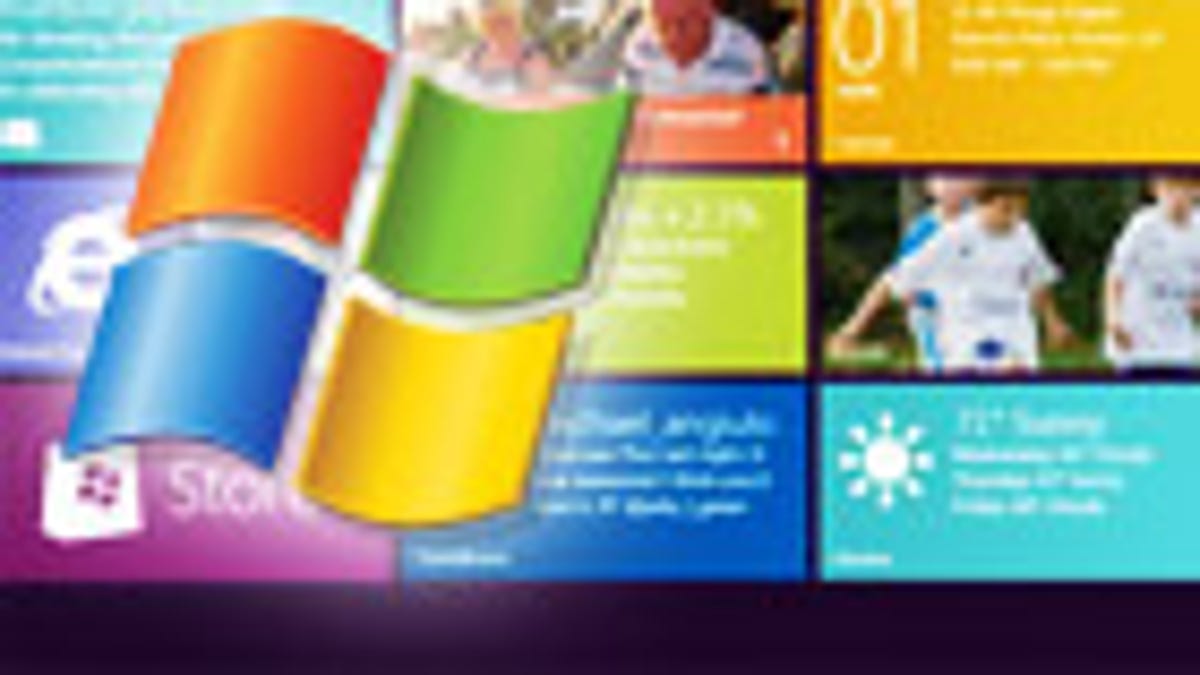Friday Poll: Is Windows 8 the right approach to a tablet OS?
This week, Microsoft took the wraps off an operating system specially made for touch-screen tablet devices. Did the software giant do it right?

Designing an operating system that will potentially make its way onto millions of next-generation tablets is a daunting task. To make things more difficult for any entrant to this space, the competition is fierce and maturing at a steady rate.
The mountain is steeper to climb for a company like Microsoft, which unveiled Windows 8 earlier this week (though it's unlikely to ship it to consumers until next year). Considering where rivals like Apple, Google, and even HP will be by then, the company has its work cut out for it.
Microsoft has one big advantage though: Windows has long been the most widely used operating system for desktop and laptop computers, and familiarity may be valuable for Microsoft when it unleashes its first operating system optimized for tablets.
Windows 7 failed to take off on tablets for two big reasons: The user interface wasn't tailored for touch screens, and x86 processors sucked up too much juice to work on the form factor. With Windows 8, Microsoft has responded by going with the same type of "Metro" tile-based interface that's been well-received on Windows Phone 7, as well as adding compatibility for ARM processors that stretch battery life.
The tile interface is attractive, and reminiscent of the Windows Phone 7 UI design, an interface not many consumers are familiar with. The company is encouraging software developers to create new interfaces for their programs that can interact with this special environment made for touch screens.
In some ways, Microsoft is betting its future in tablets on a beefy skin with extra functionality for Windows that reminds me of Windows Media Center. Sure, it's pretty, but is Microsoft taking the right approach to a tablet OS? Vote in our weekly poll, and be sure to elaborate in the comments section.

